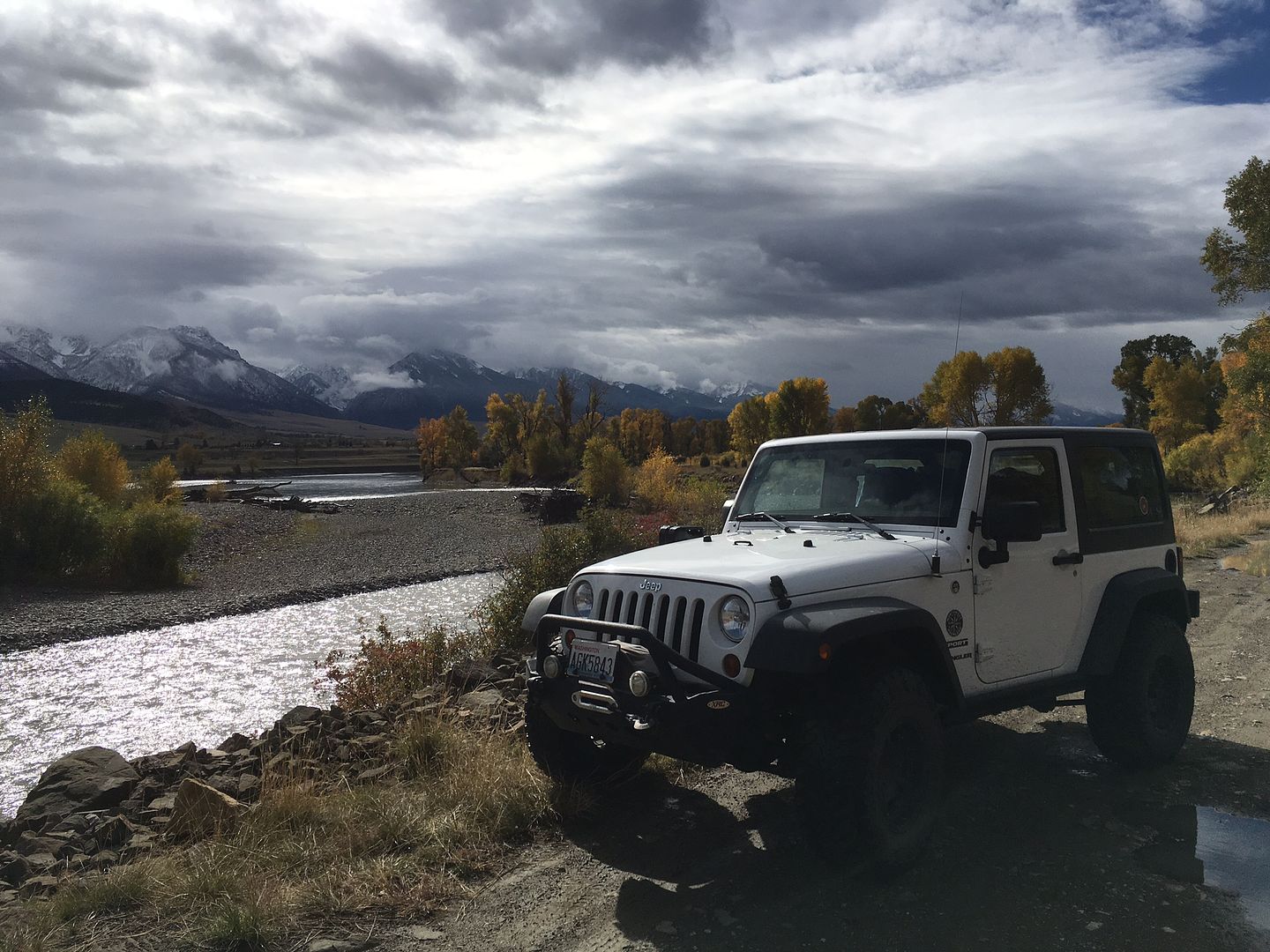DrMike
Ballistician
- Nov 8, 2006
- 38,138
- 8,177
Hodgeman is correct--when I'm hunting, I'm not fishing; when I'm fishing, I'm not hunting. I do sometimes carry a 12-gauge Camp Defender when fishing as comfort should a bear come overly close. I seldom carry a rod when hunting, however, as I've never been charged by a maddened grayling, rainbow or whitefish.





